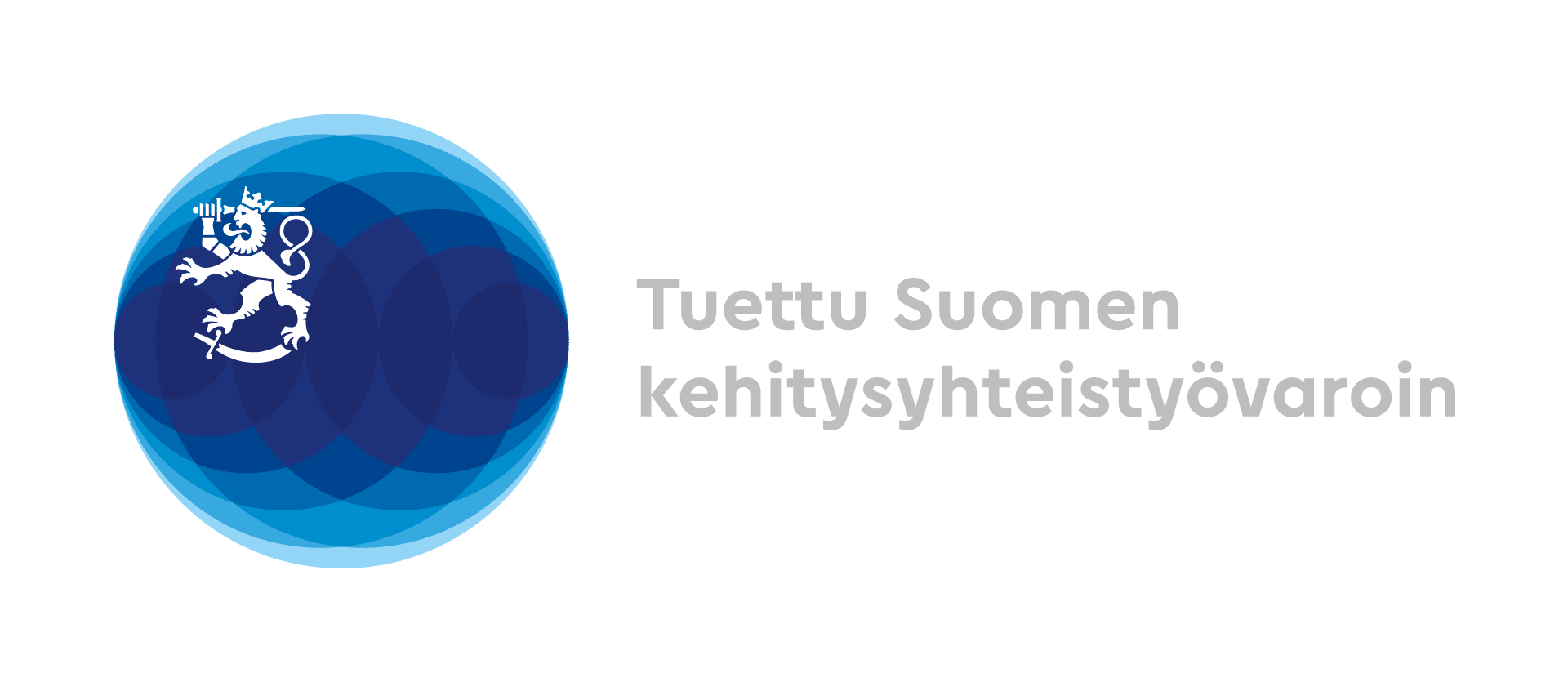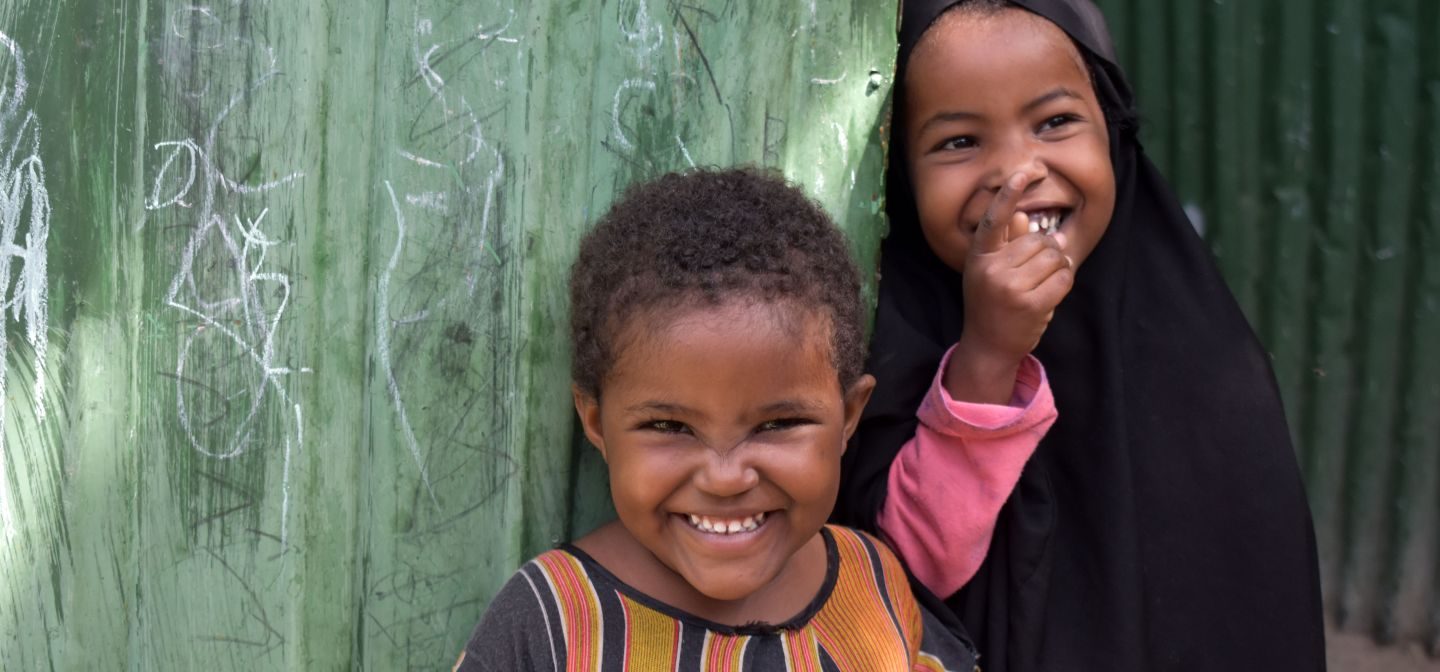
Ethiopia, the second most populous country in Sub-Saharan Africa, has experienced strong economic growth over the past decade. However, the positive impacts of this growth have been limited, as the country continues to face increasingly severe humanitarian crises driven by climate change and conflict. Floods, droughts, and violence have destroyed vital infrastructure, farmland, and livelihoods, displacing as many as 4.5 million people from their homes.
Although the majority of Ethiopian children start school, learning outcomes remain poor, and girls in particular face numerous barriers on their educational journey. Only half of all girls complete primary education, and just a quarter continue to secondary school. Poverty, traditional gender roles, and child marriage prevent many girls from attending school. Often, families prioritize boys’ education, while girls are expected to do household chores or are married off at a young age.
Violence against women and girls remains a serious issue in Ethiopia, affecting their safety, health, and future opportunities.
Gender-based violence, child marriage, and harassment at school hinder learning and can lead to school dropout. In addition, inadequate school facilities, long distances to school, and challenges related to menstrual hygiene prevent many girls from attending school regularly.
Particularly vulnerable are girls from poor, refugee, and pastoralist backgrounds, for whom access to educational services is more difficult. To ensure equal education, it is important to invest in strengthening the education system, creating safe learning environments, and protecting girls’ rights.
SOS Children’s Village Ethiopia was established in 1974. It is a respected organization with a strong role in civil society and close relationships with governmental actors in the country. Ethiopia’s national guidelines for the care of orphans and abandoned children are based on the principles and standards of SOS Children’s Villages. SOS Children’s Village Ethiopia operates eight centers in very fragile environments. In addition to development cooperation projects, the organization also provides emergency aid.
SOS Children’s Village Finland has collaborated with SOS Children’s Village Ethiopia since 2019.
The project is funded by the Ministry for Foreign Affairs of Finland
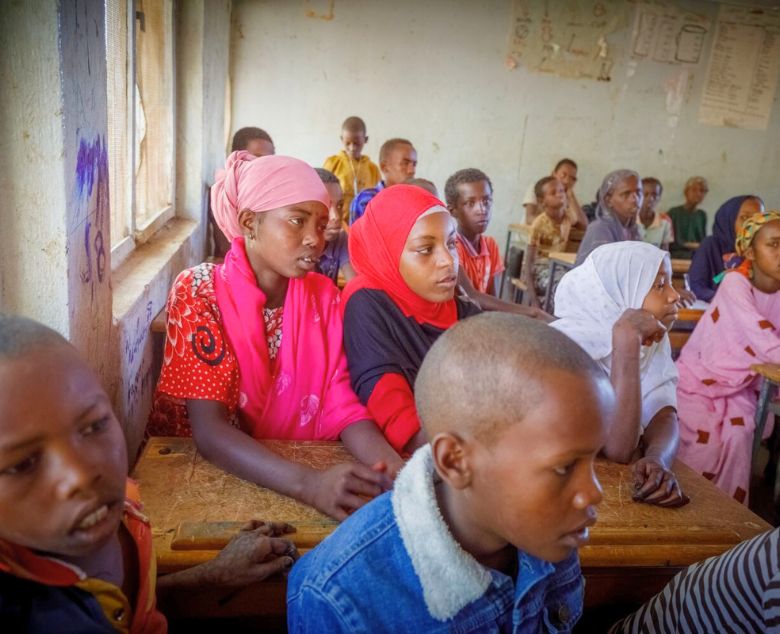
Oromia is a key region for Ethiopia’s economy and agriculture, producing most of the country’s coffee and wheat. Yet 90% of the children in the area live in poverty, and 3.2 million children are out of school.
The EduCare project aims to promote children’s education by addressing their individual needs, strengthening family resources, and supporting the entire community. Education, health, nutrition, children’s rights, and parenting support form the core of the project.
The project provides vulnerable children with school supplies and food, and constructs communal water points that improve living conditions for the whole community. Girls’ education is especially supported through hygiene products, and children with disabilities are offered learning materials tailored to their needs.
Families’ livelihoods are strengthened by providing vocational training that diversifies income sources and supports sustainable living. In addition, close collaboration with schools and authorities improves the quality of education, promotes inclusive learning, and creates better opportunities for children’s growth, development, and future building.
EduCare project in Waliso during the years of 2025 to 2027 continues the project funded by the Finnish Ministry for Foreign Affairs in Nekemte. The goal is to expand the previously achieved positive results to a new area.
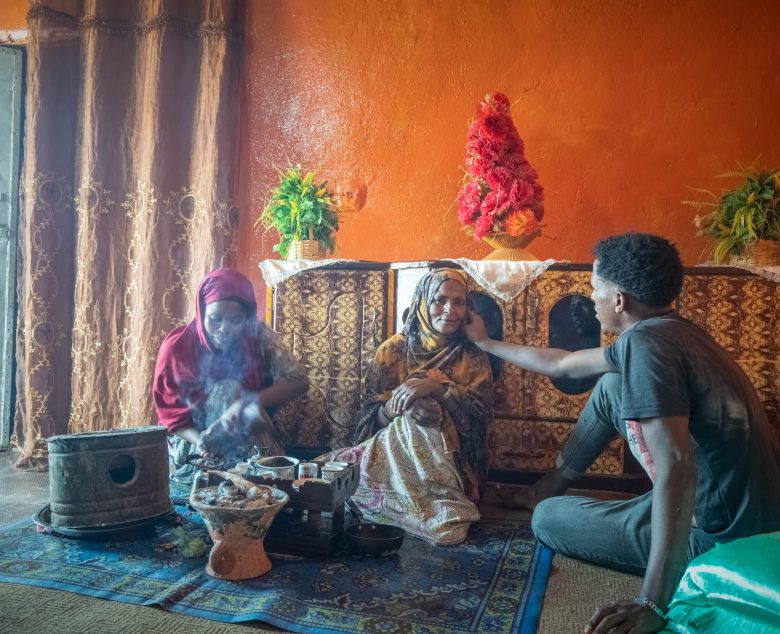
Despite recent progress, violence against women and girls remains a significant societal challenge in Ethiopia, with a large proportion of women experiencing violence during their lifetime. Women and girls face physical, psychological, and sexual violence, which undermines their health and their ability to earn a livelihood. Violence, or the threat of it, prevents women and girls from participating fully in society, disrupts their social relationships, and, when directed at young girls, robs them of their childhood.
Our project aims to empower women and girls and end violence against women in the Harari region. These goals will be achieved through a comprehensive approach that addresses women’s specific challenges and supports the entire community during 2025–2027.
We strengthen women’s own resources by providing vocational training and supporting the establishment of peer groups and support networks. Changes in attitudes and practices are promoted by educating women and men, girls and boys about gender equality, human rights, and the consequences of gender-based violence. A key part of the project is improving women’s and girls’ access to sexual and reproductive health services, as well as enhancing the capacity and resources of local authorities to provide quality services.
The entire Harari community is supported through training of women-led civil society organizations and authorities on preventing gender-based violence and promoting disability inclusion. Additionally, we promote networking among organizations, the implementation of joint initiatives, and active participation in political dialogue.
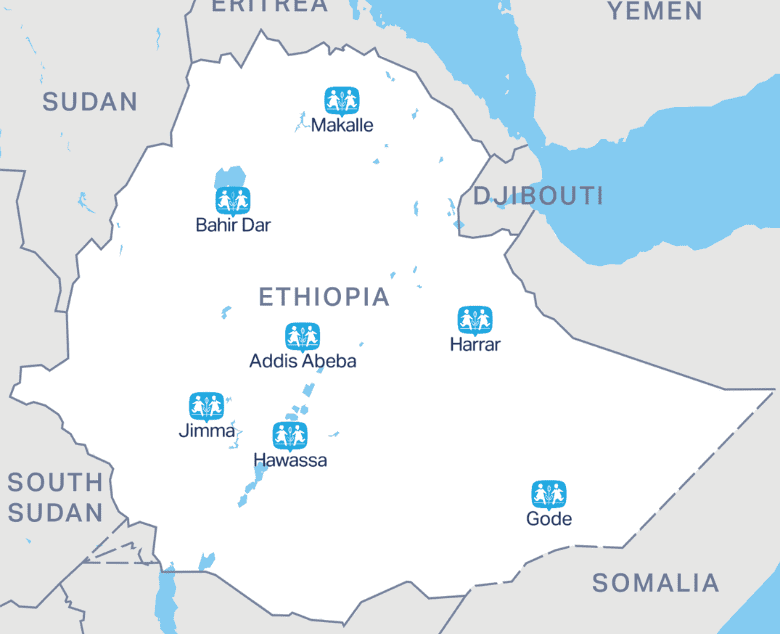
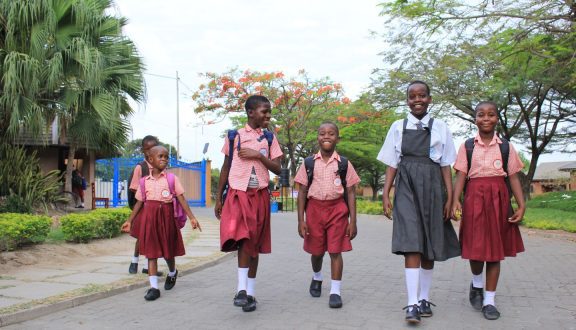
In Tanzania we promote the wellbeing and rights of young girls, boys, and mothers. Our work addresses inequality, gender- and child-based violence, poverty, and challenges related to sexual and reproductive health and rights. The project is funded by the Finnish Ministry for Foreign Affairs.
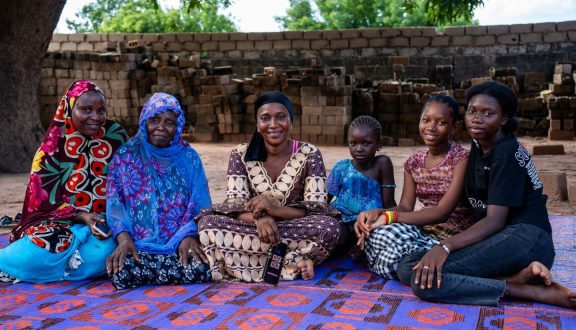
In the Gambia we promote the rights of the most vulnerable women and young people to advance gender equality and sustainable livelihoods. We support youth education and employment opportunities through vocational training, career guidance, and internships. The project is funded by the Finnish Ministry for Foreign Affairs.
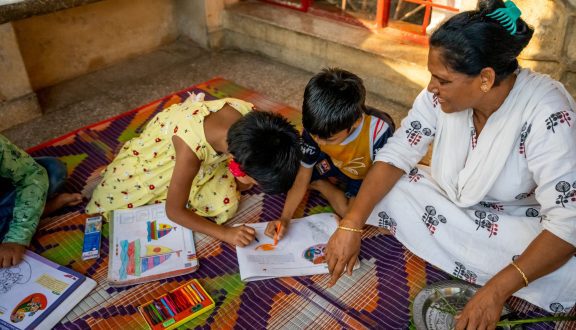
In India, we promote children’s access to education. We support families in acquiring learning materials to ensure that no child is left out of school due to a lack of school supplies. We also strengthen parents’ knowledge and skills so they can better support their children’s education. The project is implemented through corporate partnership.
